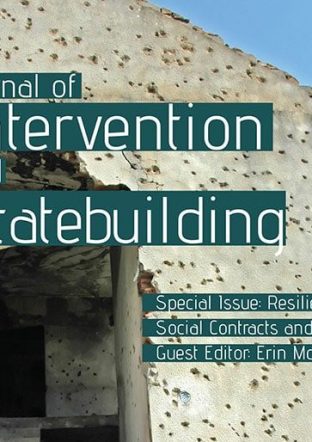Mali’s 2020 coup brought Colonel Assimi Goïta to power. Despite security crises and economic struggles, Goïta enjoys strong public support, substantially exceeding that enjoyed by the ousted, democratically elected leader. In exploring this paradox, this article argues that Goïta has crafted a new social contract based not on public services but on a strongman narrative, portraying himself as Mali’s defender. The regime has leveraged dissatisfaction with international interventions to frame Goïta as an ‘exceptional man’ in ‘exceptional times’, in ways that resonate with Malian myths and traditions. This has important ramifications for debates about African agencies and international interventions.
In this research article, the objective is not to disregard the authoritarianism displayed by Mali’s current rulers, but rather to cast light on the narrative power exerted by the new regime in establishing a social bond with the populations upon which it depends. What this social bond is and how it came into being are explored below in our critique of the liberal fiscal contract theory that has undergirded peacebuilding interventions for more than two decades.


